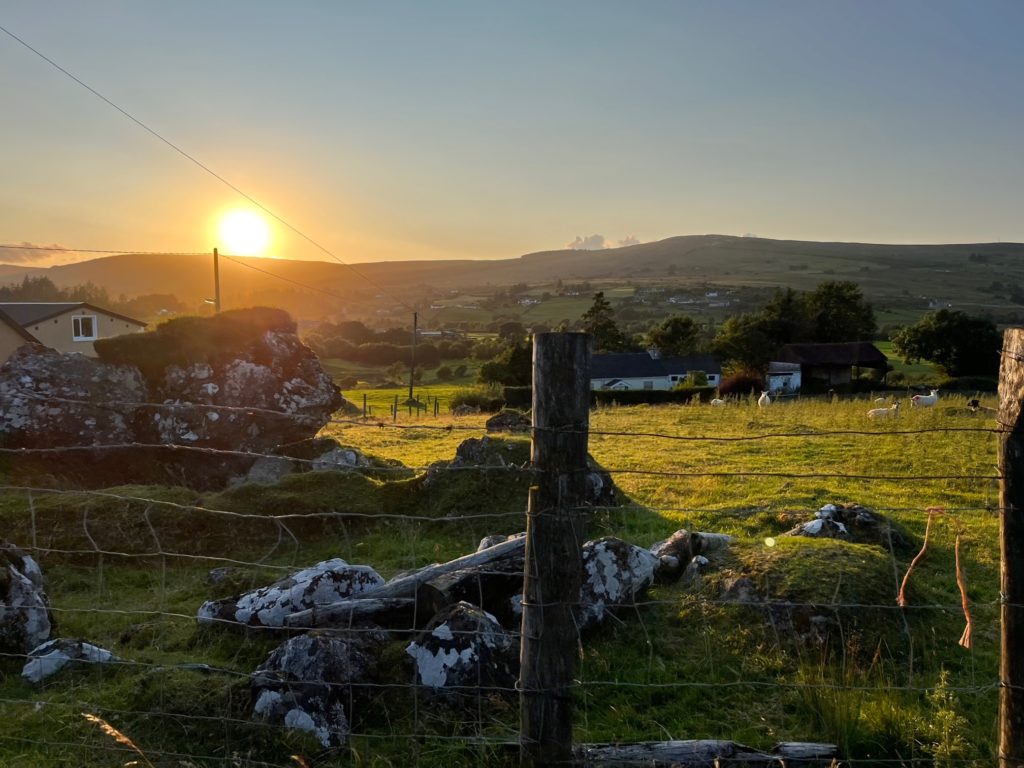
One of the first cultural differences I noticed in Ecuador was how children are raised, perhaps most obvious while I spent an afternoon and evening at a local park with my host family watching soccer matches. After my 3 year absence in Paute, my host nephew, born days after my last departure, had grown so much bigger than I anticipated. While shy and hesitant to talk at first, we spent the evening sharing some salchipapas and kicking a soccer ball around. As the day progressed and the sun went down, I couldn’t help but notice that my host nephew was not the only child running around the park, even as the night stretched on – we were out until close to 11 pm watching and playing soccer, and kids seemed to run around us with reckless abandon, presumably with parents nearby.
However, parents didn’t seem to be stressed about their children in these public settings, as there seemed to be a deep trust in the park and greater Paute community that they would look after their neighbors. The cliche of “It takes a village” seemed to be internalized by everyone around. I couldn’t help but reflect on my own childhood, growing up walking to school, but watching parental decisions like this slowly fall out of favor with the general public. The highly individualized community that I had grown accustomed to in the US did not translate to my new setting, as individualism consistently surrendered to the needs of the community.
Upon further reflection of my day of soccer, it also illuminated the cultural differences in their view of scheduling, time, and the future. The day began and ended with no plan or timetable, we would find dinner when we felt like it, and everything was flexible. While this initially was extremely frustrating as I lacked the language skills to understand this attitude, I soon learned to embrace and enjoy it, knowing that once classes started, I would not have the opportunity to spend days like this.
And after being equipped with the language to describe cultural differences through the SLA program, I can now begin to verbalize what my draw was to Latin America. In a strange way, Paute feels like the neighborhood that my parents grew up in or the American community of the past that is celebrated and coveted in pop culture through media like Stranger Things. While grateful for the immense freedom, choice, and individuality that is afforded by American culture, I discovered new cultural norms that nourished parts of me that I did not know existed.


